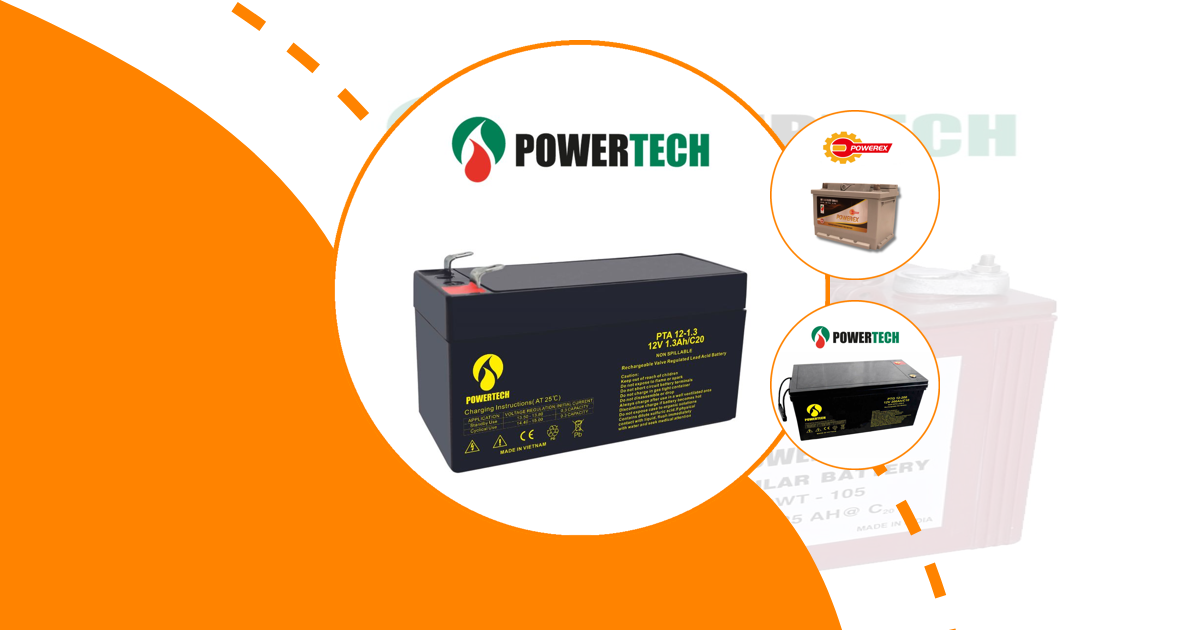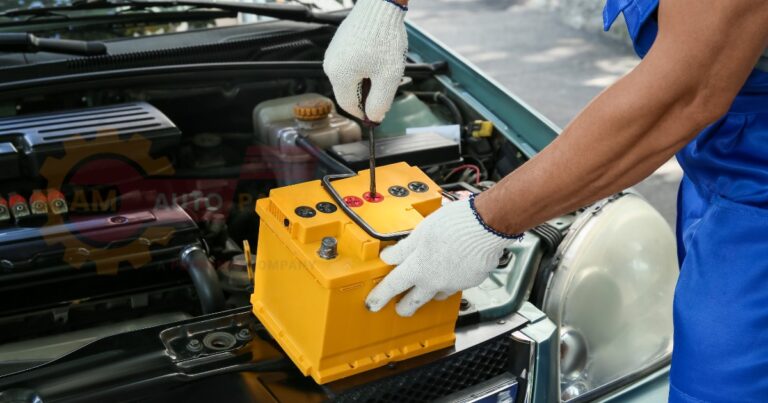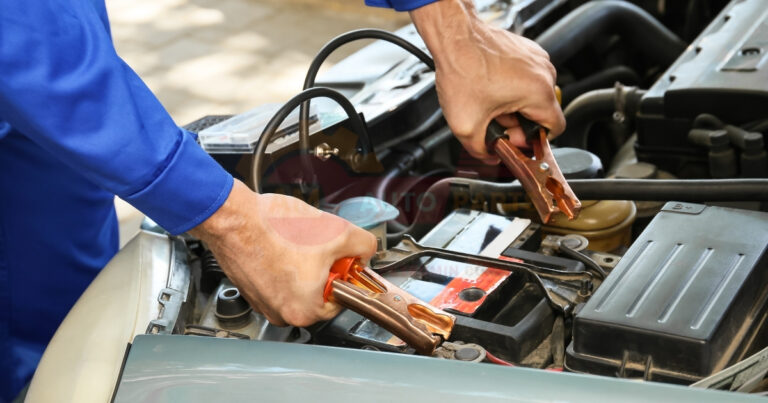How Long to Charge a Car Battery: Complete Guide
Understanding how long car battery charge times can vary is crucial for maintaining your vehicle’s health. Whether you’re using a charger or relying on your car’s alternator, knowing the right duration can save you from unexpected breakdowns. This guide will explore the factors affecting charging times, methods, and tips to ensure your car battery remains in optimal condition.
Charging a car battery can be a straightforward process, but the time it takes can vary significantly. The duration depends on several factors, including the battery’s capacity, the charger’s power, and the battery’s current state of charge. Typically, a standard car battery can take anywhere from 4 to 24 hours to charge fully.
- Battery Capacity : Larger batteries take longer to charge.
- Charger Power : Higher amp chargers reduce charging time.
- Battery Condition : A completely drained battery takes longer to charge.
Factors Affecting Charging Time
Several factors influence how long it takes to charge a car battery. Understanding these can help you plan better and avoid overcharging.
Average Charging Times for Different Methods
Different charging methods offer varying charging times. Using a home charger, a car alternator, or a professional service can all impact the duration.
- Home Chargers : Typically take 4-12 hours.
- Alternator : Can take several hours of driving.
- Professional Services : Often faster due to high-power equipment.
Charging a Car Battery While Driving
Charging your car battery while driving is a convenient method, but it requires understanding how far and how long you need to drive.
How Far to Drive to Charge a Battery
Driving your car can help recharge the battery, but the distance required depends on several factors, including the battery’s state and the alternator’s efficiency.
- Short Drives : May not fully charge the battery.
- Long Drives : More effective for a full charge.
- Frequent Stops : Can hinder charging efficiency.
Tips to Charge Battery Faster While Driving
To maximize charging efficiency while driving, consider these tips:
- Minimize Electrical Load : Turn off unnecessary electronics.
- Maintain Steady Speed : Avoid frequent stops and starts.
- Regular Maintenance : Ensure the alternator is functioning properly.
Charging a Dead Car Battery
Charging a dead car battery requires careful attention to avoid damage and ensure safety.
Safe Charging Duration for Dead Batteries
Charging a completely dead battery can take longer and requires a cautious approach to prevent overcharging.
- Slow Charging : Recommended to avoid overheating.
- Monitor Progress : Check the battery’s temperature and charge level.
- Use a Smart Charger : Automatically adjusts the charging rate.
Signs of Overcharging
Overcharging can damage your battery, so it’s essential to recognize the signs early.
- Excessive Heat : Battery feels hot to the touch.
- Swelling : Battery casing appears bloated.
- Leaking : Fluid leakage from the battery.
Charging Times at Different Amp Rates
The amp rate of your charger significantly affects how long it takes to charge a car battery.
2 Amps vs 6 Amps vs 10 Amps
Different amp rates offer varying charging speeds, with higher amps providing faster charging.
Amp Rate | Charging Time | Best For |
2 Amps | 24-48 hours | Slow, safe charging |
6 Amps | 8-12 hours | Moderate charging speed |
10 Amps | 4-6 hours | Faster charging |
Fast Charging at 20 Amps and 50 Amps
Fast charging options are available but should be used with caution to avoid battery damage.
- 20 Amps : Charges in 2-4 hours, suitable for quick needs.
- 50 Amps : Charges in under 2 hours, use sparingly to prevent overheating.
Car Battery Charging in Cold Weather
Cold weather can significantly impact how long it takes to charge a car battery.
Impact of Temperature on Charging Time
Low temperatures can slow down the chemical reactions in a battery, increasing charging time.
- Slower Charging : Batteries charge slower in cold weather.
- Increased Resistance : Cold increases internal resistance.
- Reduced Capacity : Cold can temporarily reduce battery capacity.
Winter Battery Maintenance Tips
Proper maintenance can help mitigate the effects of cold weather on your car battery.
- Keep Battery Warm : Use a battery blanket or park in a garage.
- Regular Checks : Monitor battery health frequently.
- Clean Terminals : Ensure connections are free of corrosion.
Jump-Starting vs Charging a Car Battery
Understanding when to jump-start versus when to charge can save time and extend battery life.
When to Jump-Start and When to Charge
Jump-starting is a quick fix, while charging is a more sustainable solution.
- Jump-Start : Use for immediate starts, but not a long-term solution.
- Charging : Better for maintaining battery health over time.
- Assess Battery Health : Determine if the battery needs replacement.
Using Portable Jump Starters
Portable jump starters offer convenience but should be used correctly to avoid damage.
- Compact and Portable : Easy to store in your vehicle.
- Quick Start : Provides immediate power to start the engine.
- Follow Instructions : Ensure proper connection to avoid damage.
Testing Your Car Battery Before Charging
Testing your battery before charging can help identify issues and prevent unnecessary charging.
Signs of a Weak Battery
Recognizing the signs of a weak battery can help you decide when to charge or replace it.
- Slow Engine Crank : Engine takes longer to start.
- Dim Lights : Headlights appear dimmer than usual.
- Frequent Jump-Starts : Needing frequent jump-starts indicates a weak battery.
DIY Battery Testing Methods
Simple methods can help you test your battery’s health at home.
- Multimeter Test : Check voltage levels.
- Load Test : Assess battery’s ability to hold charge.
- Visual Inspection : Look for corrosion or damage.
Alternator’s Role in Charging Car Battery
The alternator plays a crucial role in maintaining your car battery’s charge while driving.
How the Alternator Works
Understanding the alternator’s function can help you diagnose charging issues.
- Generates Power : Converts mechanical energy to electrical energy.
- Charges Battery : Maintains battery charge while driving.
- Powers Electronics : Supplies power to vehicle electronics.
Symptoms of a Failing Alternator
Recognizing alternator issues early can prevent battery problems. Battery powers vehicle Electric cars use big batteries to run instead of gas they can drive for many miles before needing to be recharged Car battery removal is taking out the big power box from your car It’s important to be careful when doing
Battery voltage range The Push start automobile Cars with
Car battery performance declines when batteries get old or are used a lot This can make it harder for cars to start or run electrical parts properly Automotive power choices include gas engines electric motors and hybrid systems These options give drivers different ways to power their cars and trucks
Automotive BMS importance Automotive BMS helps keep car batteries safe and working well so electric vehicles can run smoothly and for a long time It makes sure the battery stays healthy and performs at its best Car battery charging problems can happen when your car’s battery doesn’t get enough power to stay full This can make it hard to start your car or use things like lights and radio
- Dim Lights : Headlights dim when idling.
- Warning Light : Battery warning light on the dashboard.
- Electrical Issues : Malfunctioning electronics.
Maintaining Your Car Battery for Optimal Charging
Regular maintenance can extend your battery’s life and ensure efficient charging.
Regular Battery Checks
Frequent checks can help you catch issues early and maintain battery health.
- Check Voltage : Use a multimeter to monitor voltage levels.
- Inspect Terminals : Look for corrosion or loose connections.
- Test Performance : Regularly test battery performance.
Cleaning Battery Terminals
Clean terminals ensure a good connection and efficient charging.
- Remove Corrosion : Use a baking soda solution to clean terminals.
- Tighten Connections : Ensure terminals are securely connected.
- Apply Grease : Use dielectric grease to prevent future corrosion.
FAQ’s
How long does it take to charge a car battery with a 12 volt charger?
Charging a car battery with a 12-volt charger typically takes 4 to 24 hours, depending on the charger’s amp rate and the battery’s condition. A higher amp charger will reduce the charging time, while a lower amp charger will take longer. Always monitor the battery to prevent overcharging.
Can you overcharge a car battery?
Yes, overcharging a car battery can cause damage. It can lead to excessive heat, swelling, and even leakage, which can reduce the battery’s lifespan. Using a smart charger can help prevent overcharging by automatically adjusting the charging rate.
Is it better to charge a car battery slow or fast?
Charging a car battery slowly is generally better for its longevity. Slow charging reduces the risk of overheating and overcharging, which can damage the battery. Fast charging is convenient but should be used sparingly to avoid potential harm.
How do you know when a car battery is fully charged?
A car battery is fully charged when it reaches a voltage of around 12.6 to 12.8 volts. You can use a multimeter to check the voltage level. Additionally, many smart chargers have indicators that show when the battery is fully charged.






